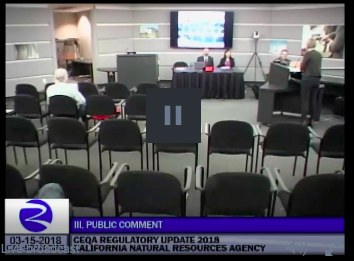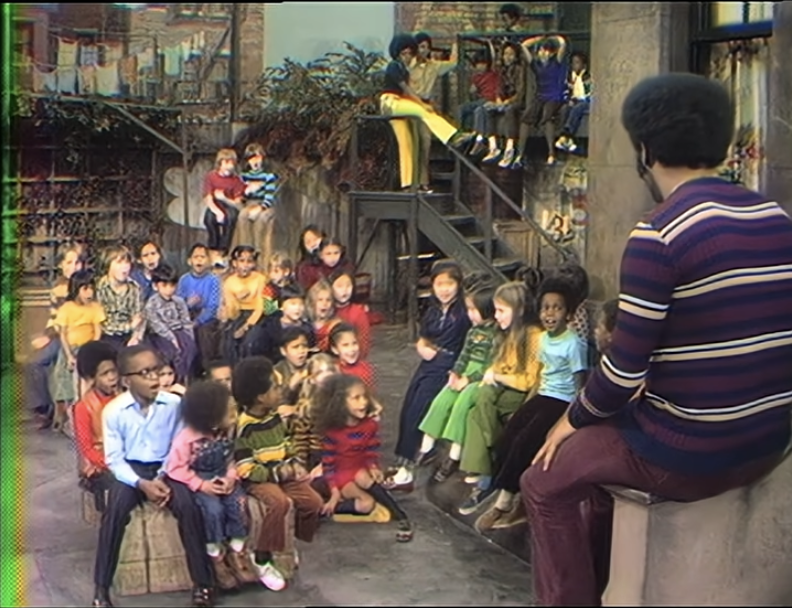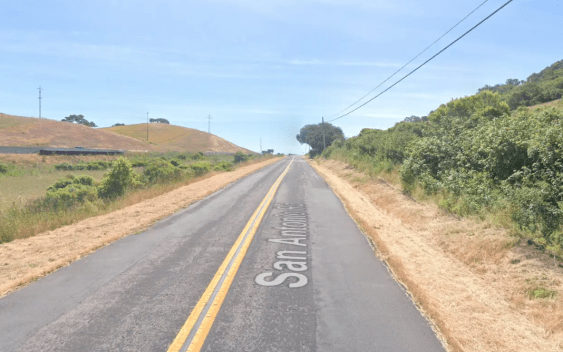Note: GJEL Accident Attorneys regularly sponsors coverage on Streetsblog San Francisco and Streetsblog California. Unless noted in the story, GJEL Accident Attorneys is not consulted for the content or editorial direction of the sponsored content.
The Natural Resources Agency held a very short hearing today on proposed updates to the California Environmental Quality Act (CEQA). The hearing, which lasted only a half hour, included a brief review of the proposed update, followed by public comment.
Not many people attended the hearing, but those who did, and who spoke up, were pretty consistent in their feedback. For the most part, they said, these changes are needed, long-overdue, and positive—but with one glaring exception. With proposed new rules not applying to transportation projects, the welcome changes won't go far enough. And that's a big problem, they said.
The proposed changes, which would among other things require a shift in the way travel impacts are measured, are aimed at reducing the amount of driving. But the biggest contributors to induced travel are transportation projects that make it easier—and quicker—to drive everywhere. So exempting them will backfire, said the commenters.
It would also go against the original intent of the legislature, said Dan Allison, a resident of Sacramento who offered comments. The idea behind the original bill, S.B. 743, was to make sure that planners would no longer use Level of Service—which measures traffic delay—to evaluate the environmental impacts of transportation projects.
“I'm certain that every single agency in the Sacramento region will not choose to use [vehicle miles traveled],” he said. “They are locked into Level of Service; they love it. Even discussing the use of VMT can have them up in arms, and they will not change unless they are forced to do so. Capacity expansion is the problem, and if we allow capacity expansion without limits, nothing good will come of this.”
“It is wrong,” he said of the proposed exemption. “The rest of the document is wonderful, and will help reduce the prevalence of greenfield [sprawl] development. But transportation is what drives greenfield development, and if we exempt transportation projects, we're still going to get more of it. The other elements in the proposal won't counteract this.”
All the other people who spoke at the hearing agreed. Ana Alvarado, representing the city of San Jose, which just adopted its own version of new VMT rules, said that in general the proposed changes are moving the state in the right direction. “But we ask for one change: that the exclusion for transportation projects that induce VMT be removed,” she said. “One fundamental metric should apply to all projects, no matter where they are.”
She submitted a letter [PDF] signed by representatives of the cities of Los Angeles, San Jose, Oakland, San Francisco, Long Beach, and Sacramento urging that, among other things, the rules state clearly that transportation projects that induce VMT be required to measure VMT.
Bill Magavern pointed out that his organization, the Coalition for Clean Air, spends a lot of its time addressing how to reduce emissions from transportation, which contributes eighty percent of the state's pollution. “To actually reach its own air quality and climate standards, California needs to reduce vehicles miles traveled,” he said, “and that's something the state has not been doing well at, at all. After Governor Brown called for a fifty percent reduction in the use of petroleum for cars in the state, it has actually gone up, and that's due to an increase in VMT,” he said.
The Coalition for Clean Air “does not support the highway exemption at all,” he said. “It's a bad idea that goes contrary to the thrust and purpose of these guidelines. We hope that it can be fixed, and on the whole we are looking forward to seeing the rest of the proposed changes go forward.”
Ella Wise from ClimatePlan briefly outlined a letter submitted by her coalition [PDF], which includes strong support of the replacement of LOS with VMT, as well as a request to undo the exemption for transportation projects. The letter was signed by a wide range of organizations including Natural Resources Defense Council, Planning and Conservation League, The Nature Conservancy, California Walks, CalBike, TransForm, Greenbelt Alliance, MoveLA, Climate Resolve, and others. The coalition's letter requests that the agency consider ways to strengthen VMT thresholds over time, in alignment with the state's changing climate change goals, and to find ways to reduce the risks of gentrification and displacement that can result from building more infill housing. Specifically, they requested the agency consider streamlining infill projects that include 100 percent affordable housing, and not exempting any projects that contribute to displacement.
The official comment period closes at 5 p.m. today; comments can be sent here.
After that, agency staff will consider whether there is need to make substantial changes to the proposal, and if so, whether more public input would be needed.






